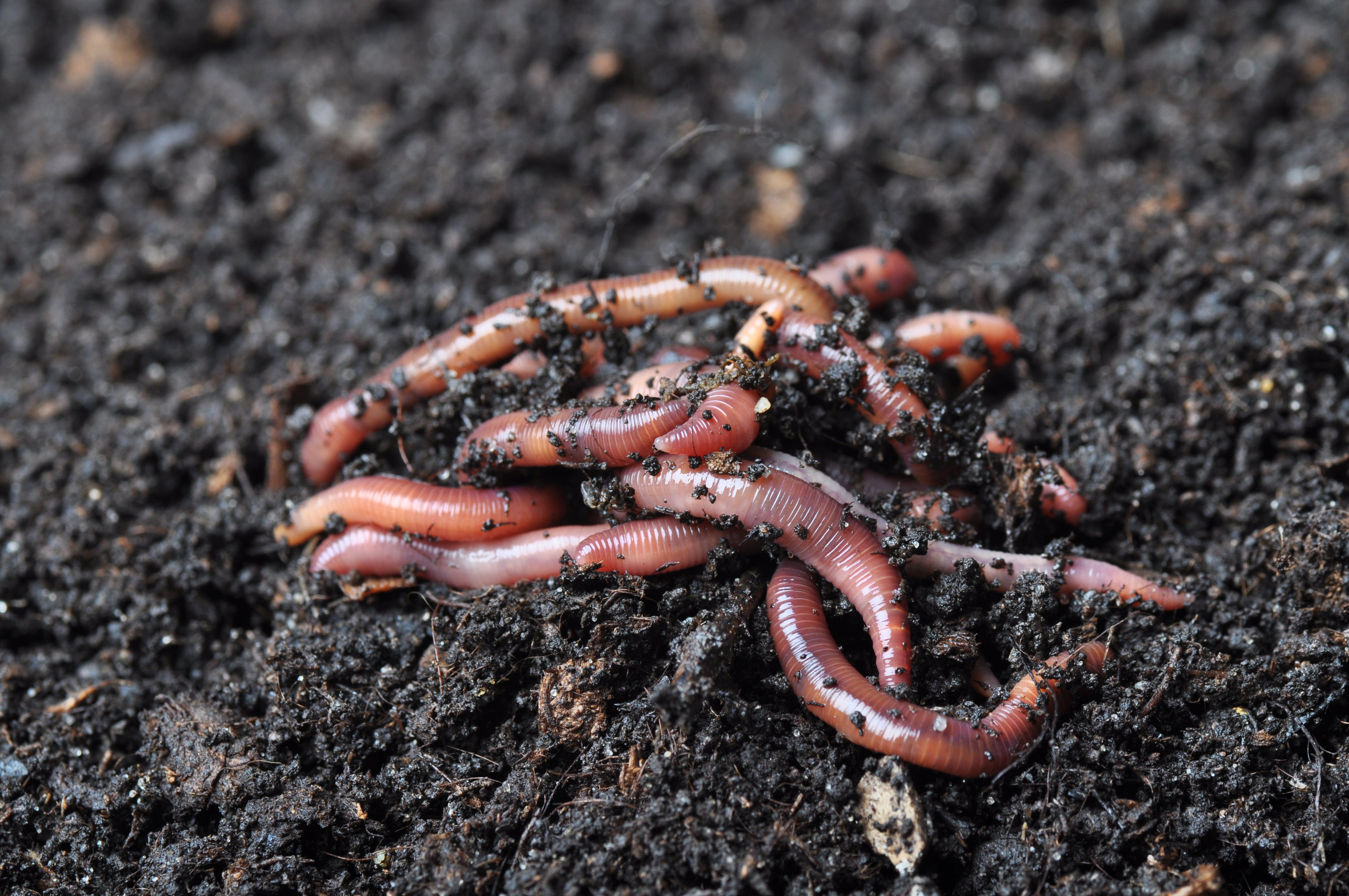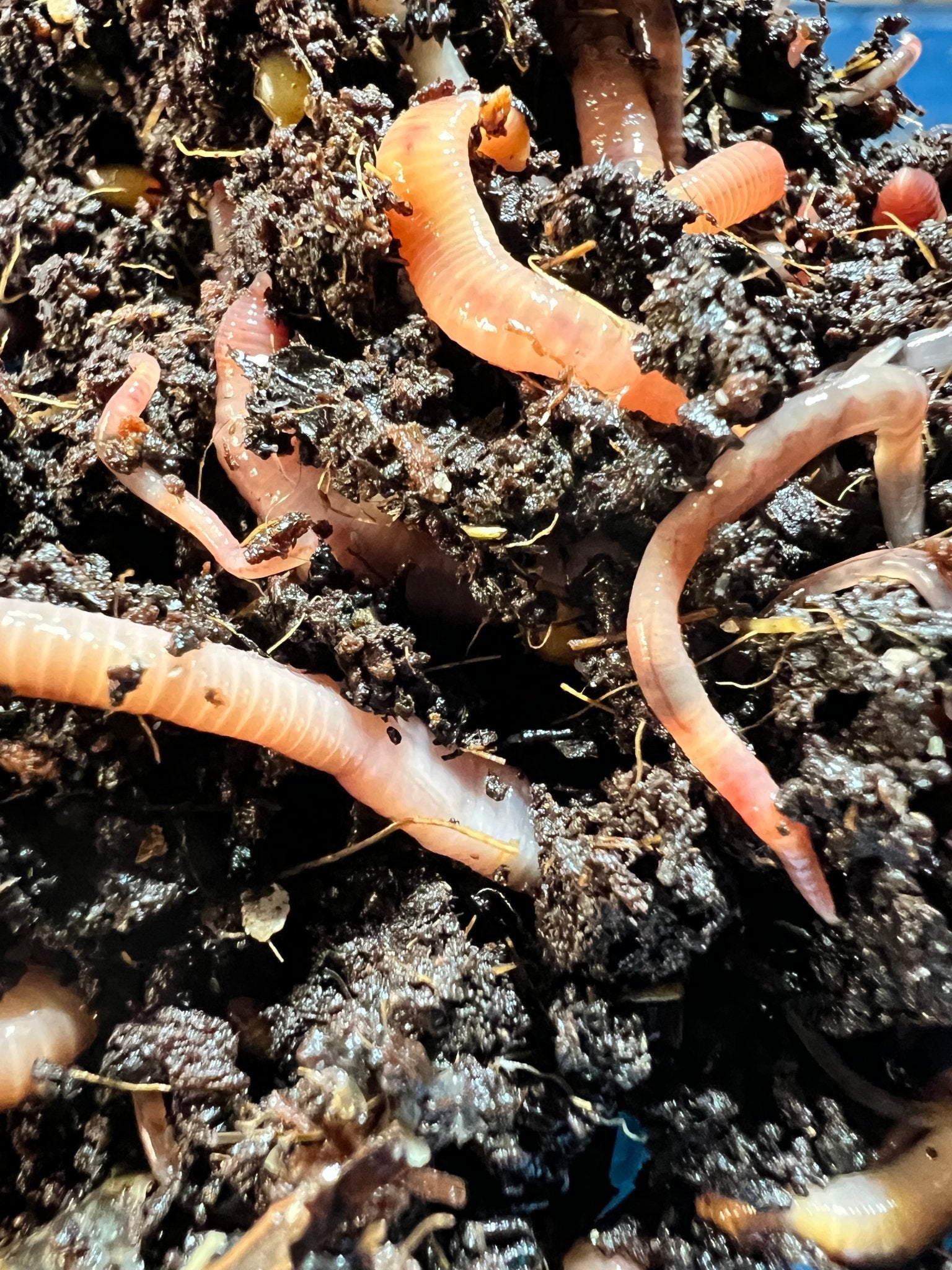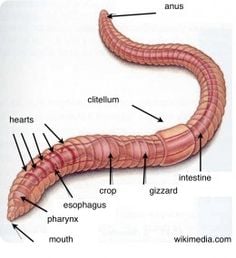Organic Composting with Red Wiggler Worms - Increase Your Garden's Development
Organic Composting with Red Wiggler Worms - Increase Your Garden's Development
Blog Article
Red Wiggler Worms Demystified: Unlocking the Secrets of Vermiculture for Greener Living and Nutrient-Rich Soil
In the realm of sustainable practices for enriching dirt top quality and promoting eco-conscious living, red wiggler worms play an essential yet often overlooked role. Red Wiggler Worms. Recognizing the complexities of caring for these worms, enhancing their atmosphere, and using their spreadings can lead to a greener lifestyle and healthier soil for plants to thrive.
The Role of Red Wiggler Worms
Red Wiggler worms play a vital duty in composting systems by successfully damaging down natural issue right into nutrient-rich castings. These starved eaters take in a range of organic materials, such as kitchen area scraps, yard waste, and paper products. As they feed, the worms' gastrointestinal procedures break down the raw material right into a penalty, dark, and nutrient-dense product recognized as worm spreadings or vermicompost.
The spreadings generated by Red Wiggler worms are very valuable for dirt wellness and plant development. They are rich in necessary nutrients like potassium, nitrogen, and phosphorus, which are important for sustaining healthy and balanced plant growth. In addition, worm castings contain valuable microbes and enzymes that assist boost dirt framework, rise water retention, and enhance nutrient uptake by plants.
Benefits of Vermicomposting

It enhances dirt structure, enhances soil aeration, and increases soil dampness retention. Vermicompost also enhances the dirt with necessary nutrients like potassium, phosphorus, and nitrogen, promoting plant growth and total soil fertility.
In addition, vermicomposting assistances lasting gardening techniques by providing a chemical-free and all-natural option to synthetic fertilizers. Red Wiggler Worms. This ecologically friendly method not only enriches the soil however likewise helps in reducing reliance on damaging chemicals, advertising a greener and extra sustainable method of gardening
Establishing a Worm Container
When establishing a worm container for vermicomposting, correct configuration is essential to ensure the success of the composting process. The primary step in establishing a worm container is selecting a suitable container. This can be a plastic bin or wooden box that offers sufficient area for the worms to walk around and has correct drainage openings to stop waterlogging. Next off, a bedding material such as shredded paper, cardboard, or coconut coir need to be added to the bin. This bed linen gives a comfy environment for the worms and assists keep dampness levels.
After adding the bed linen, present the red wiggler worms to the container. The worms ought to after that be given with food scraps such as fruit and vegetable peels, coffee premises, and eggshells.
On a regular basis keep an eye on the wetness degrees and temperature level in the worm bin to make sure optimal problems for the worms. With appropriate configuration and upkeep, the worm bin will effectively convert organic waste into nutrient-rich garden compost for your plants and yard.
Harvesting Worm Castings
To effectively gather nutrient-rich worm spreadings from your vermicomposting system, an Web Site organized harvesting technique is necessary. When it comes time to gather the worm castings, there are a few essential actions to follow to ensure an effective procedure. Stop including fresh food scraps to one side of the worm container for a couple of weeks before gathering. This encourages the worms to migrate sideways with fresh bedding and food, making it much easier to scoop out the castings from the opposite.

Troubleshooting Common Issues
Recognizing and resolving typical obstacles that may emerge during the vermicomposting process is crucial for keeping a efficient and healthy and balanced worm container. One common concern that vermicomposters experience is overfeeding. Adding excess food scraps can bring about an accumulation of wetness and level of acidity in the worm container, possibly damaging the worms. To stop this, feed the worms in small amounts, making certain that the food scraps are adequately damaged down before adding more. One more concern is undesirable odors originating from the worm container. Foul scents suggest anaerobic conditions, usually brought on by overwatering or inadequate air flow. To fix this, change the moisture levels by adding dry bed linen materials like shredded newspaper or cardboard and boost oygenation by transforming the bed linens on a regular basis.
Furthermore, if the worm population is declining or the anchor worms show up harmful, it might be because of ecological stressors such as extreme temperatures or pH degrees. Checking these factors and making essential changes is vital for the well-being of the worms. By fixing these typical issues immediately, vermicomposters can ensure a smooth and effective vermicomposting procedure while preserving a growing worm population.

Conclusion
In final thought, red wiggler worms play an important role in vermiculture by breaking down organic matter into nutrient-rich dirt. Establishing up a worm bin is essential for successful vermiculture, and harvesting worm castings provides useful garden compost for horticulture.
As they feed, the worms' digestion processes damage down the natural matter into a fine, dark, and nutrient-dense material understood as worm spreadings or vermicompost.
The castings produced by Red Wiggler worms are extremely helpful for dirt health and wellness and plant development. Adding excess food scraps can lead to an accumulation of moisture and level of acidity in the worm bin, potentially harming the worms.In addition, if the worm populace is decreasing or the worms show up unhealthy, it can be due to ecological stress factors such as extreme temperatures or pH levels. Setting up a worm container is essential for successful vermiculture, and gathering worm spreadings provides useful compost for horticulture.
Report this page